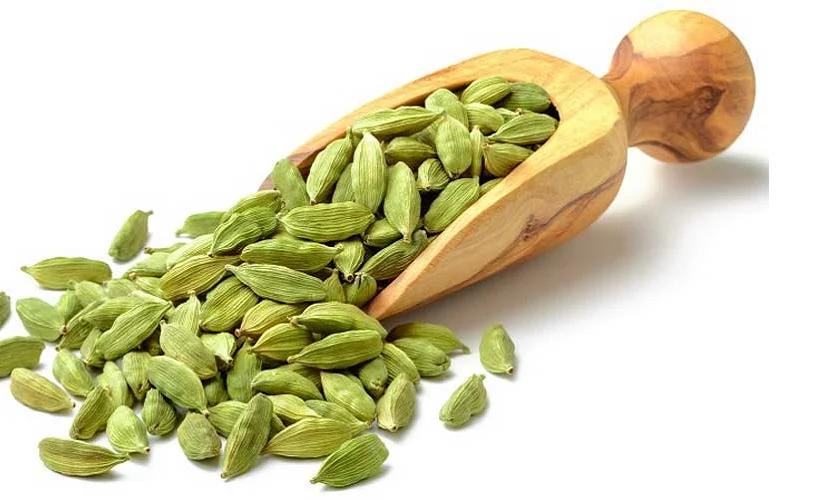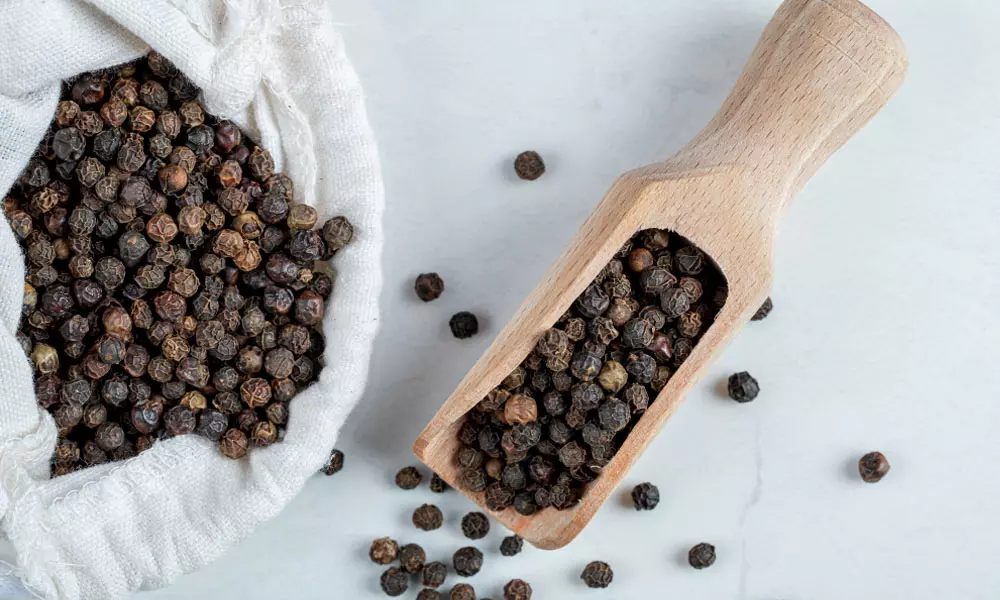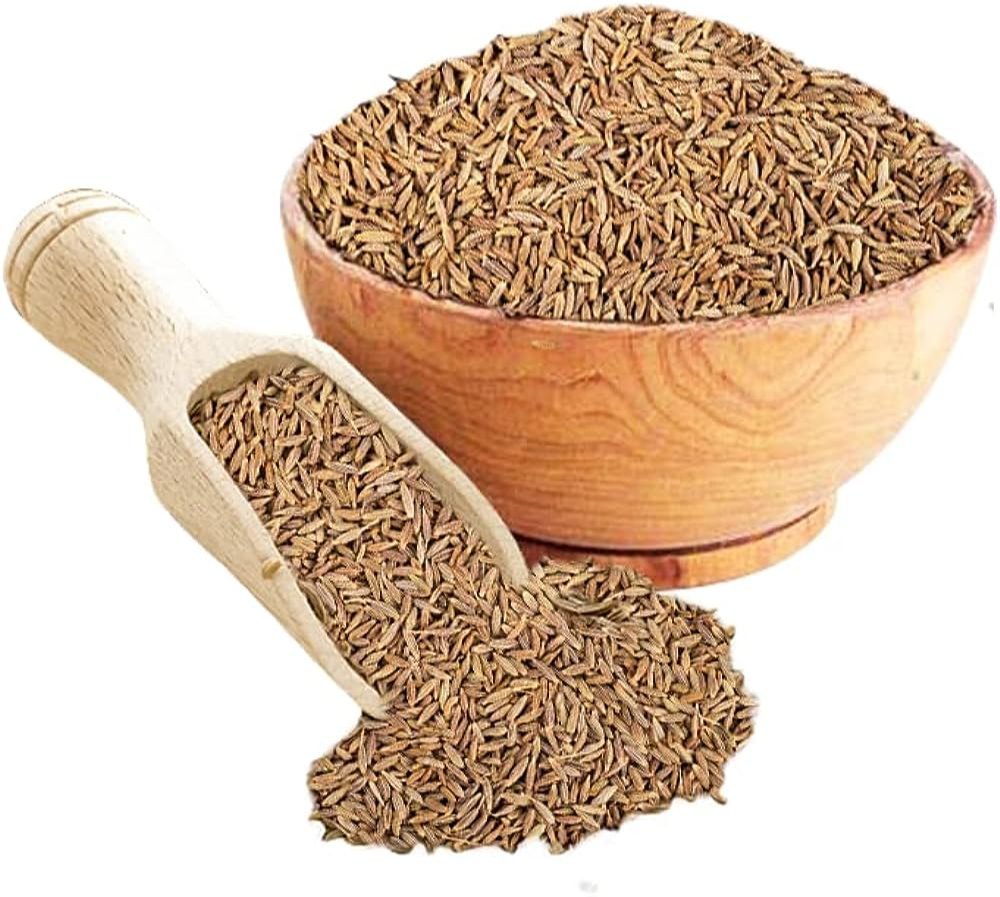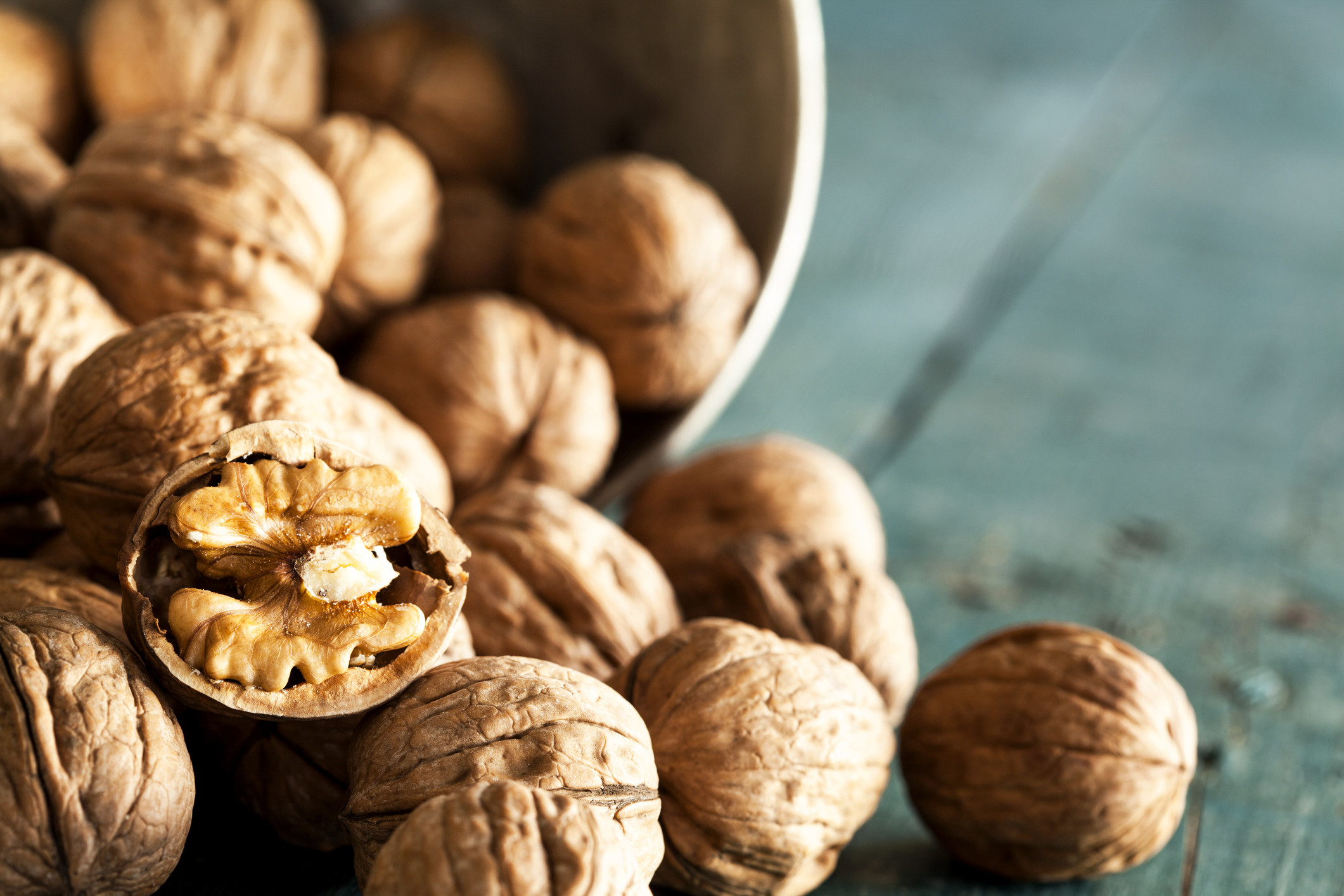Nut & Spices

Cardamom - A Spice of Rich Heritage and Culture
Cardamom, the Queen of Spices, has a history as rich and diverse as its aromatic flavor. Originating from the lush landscapes of the Indian subcontinent, this spice has woven itself into the fabric of cultural practices and culinary traditions across the globe. Cardamom, scientifically known as Elettaria cardamomum, finds its roots in the ancient lands of India. Traded along the famous Spice Route, it captivated the taste buds of ancient Arabs, Egyptians, Greeks, and Romans. Revered in Ayurveda for its medicinal properties, cardamom became a symbol of well-being.
Beyond its delightful flavor, cardamom is celebrated for its potential health benefits. Rich in antioxidants, it may aid digestion, boost metabolism, and contribute to overall well-being.
Do you want more information?
Contact our sales team now and it will be their pleasure to help you!
CONTACT US →Black Pepper - The Spice that Ignited Empires
Black pepper, the 'King of Spices,' boasts a legacy that stretches across continents and epochs. With origins in the lush valleys of India, black pepper has not only shaped global trade but also influenced culinary landscapes and cultural practices. In ancient times, black pepper was so highly prized that it was used as currency. Traded along the Silk Road, it sparked the Age of Exploration and motivated famous explorers like Christopher Columbus, who sought to find a direct route to the pepper-rich lands of India.
Black pepper's pungent flavor comes from the compound piperine, which has been associated with numerous health benefits. It's known for its potential anti-inflammatory and antioxidant properties, aiding digestion, and promoting nutrient absorption.

Do you want more information?
Contact our sales team now and it will be their pleasure to help you!
CONTACT US →
Cumin Seeds A Journey Through History and Culture
Cumin seeds, scientifically known as Cuminum cyminum, have played a pivotal role in shaping the culinary and cultural landscape of various regions for centuries. Originating from the Eastern Mediterranean and the Middle East, cumin has traversed through diverse cultures, leaving an indelible mark on cuisines and traditions. Cumin's journey through history can be traced back to ancient civilizations. Its roots in Egyptian and Roman culinary practices highlight its early popularity. The spice was a common ingredient in both kitchens and medicine cabinets, appreciated for its distinct flavor and potential health benefits.
Cumin has been traditionally used for its medicinal properties. In Ayurveda, the traditional medicine system of India, cumin is believed to aid digestion, enhance metabolism, and even have anti-inflammatory effects.
Do you want more information?
Contact our sales team now and it will be their pleasure to help you!
CONTACT US →Walnuts A Culinary and Cultural Odyssey
Walnuts, with their distinctive wrinkled shells and rich, buttery flavor, have been a staple in diets around the world for centuries. Beyond their culinary versatility, these nuts hold a deep cultural significance and boast a range of health benefits, making them an indispensable part of both historical and modern cuisines. The history of walnuts can be traced back thousands of years to ancient Persia, where they were revered for their nutritional value. They soon spread along the Silk Road, becoming a cherished commodity in the Mediterranean, Asia, and beyond.
The omega-3 fatty acids in walnuts contribute to heart health by reducing bad cholesterol levels and supporting overall cardiovascular function. The presence of antioxidants and omega-3s is associated with cognitive function and may contribute to maintaining brain health as individuals age. Walnuts contain compounds with anti-inflammatory properties, potentially aiding in the prevention of chronic diseases.

Do you want more information?
Contact our sales team now and it will be their pleasure to help you!
CONTACT US →